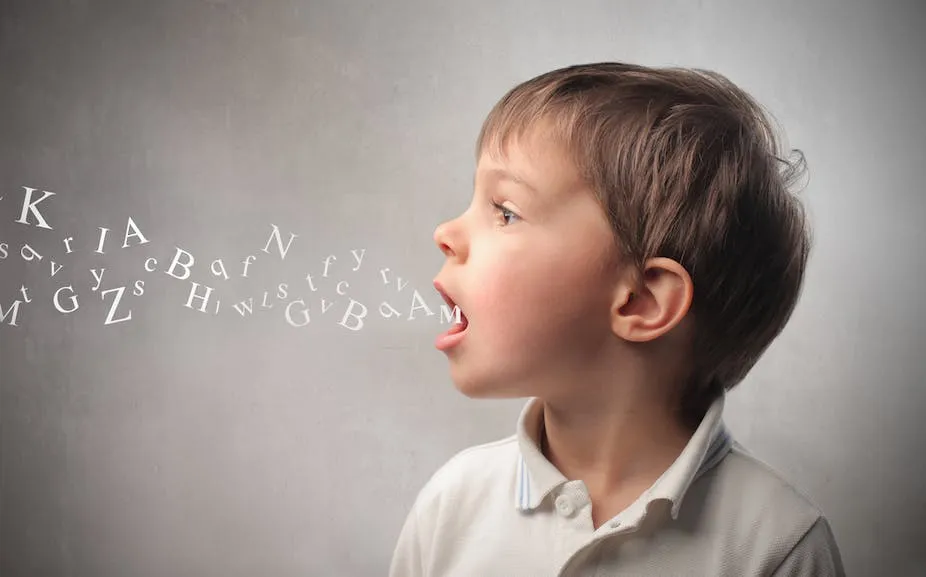A speech or communication impairment refers to a condition that affects an individual's ability to communicate effectively.

This may include difficulty with pronunciation, articulation, stuttering, or vocal quality.
On the other hand, a problem with the language of learning and teaching refers to a difficulty in understanding or using the language in which academic instruction is delivered, such as English, French, or any other language.
While both speech or communication impairments and language of learning and teaching difficulties can impact a learner's ability to communicate, they affect learners differently.
A speech or communication impairment can make it challenging for a learner to express themselves verbally or understand others, but they may still be able to comprehend written language and participate in academic activities that do not require speaking, such as reading, writing, and using sign language.
In contrast, a problem with the language of learning and teaching can make it challenging for a learner to understand academic instruction, communicate with peers, and participate in academic activities that require language use, such as writing essays or participating in class discussions.
This difficulty can impact a learner's overall academic performance and make it challenging for them to keep up with their peers.
These two conditions are not grouped together because they have different causes, treatments, and support needs.
Speech or communication impairments may require speech therapy or assistive technology to support communication, while a problem with the language of learning and teaching may require language support such as translation, interpretation, or language classes to develop language proficiency.